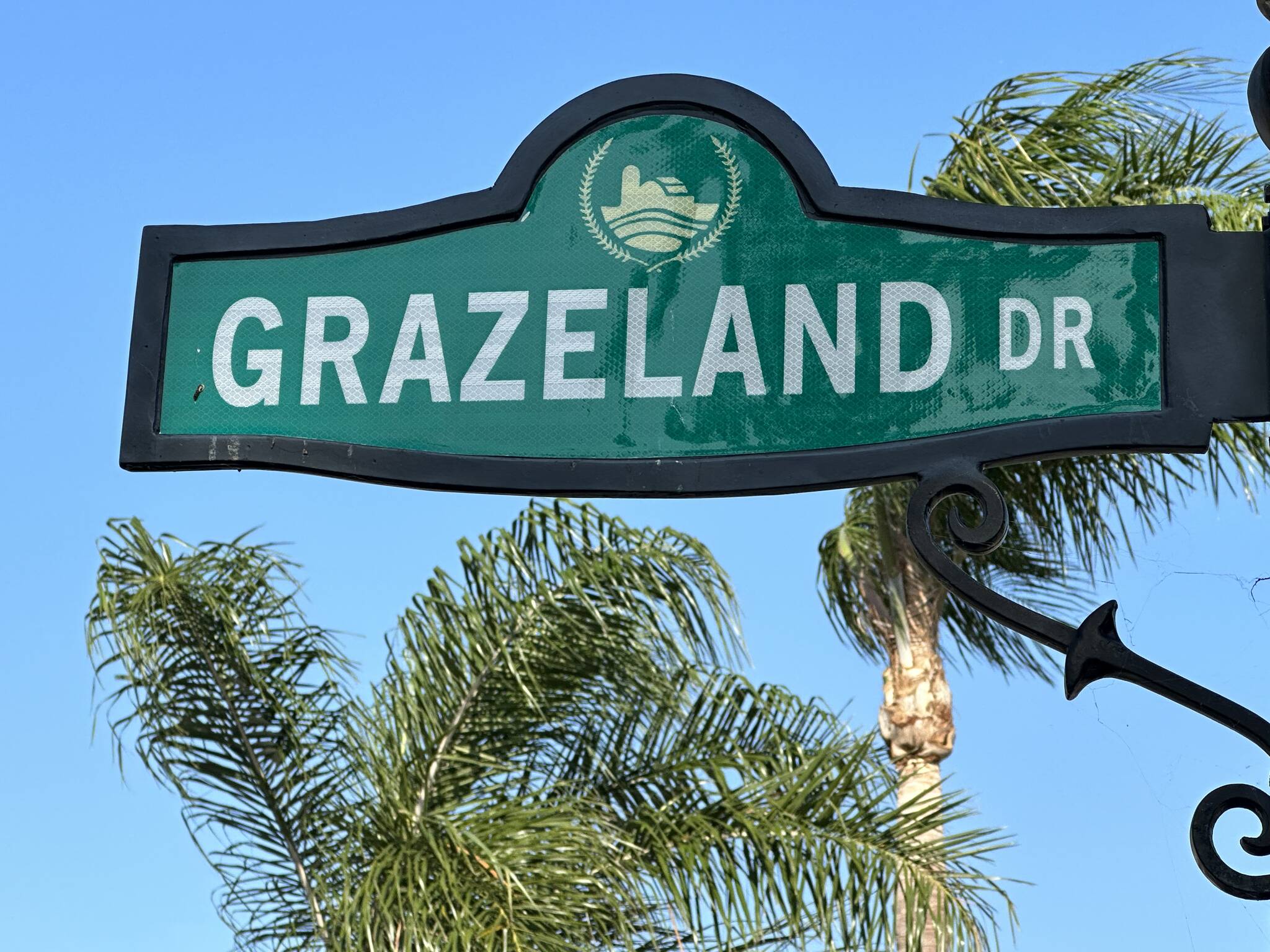Where were you when you learned of the death of Elvis Presley?
I was at the Mendenhall Glacier Visitor Center near Juneau, Alaska, escorting a group of senior adults. Like JFK’s assassination, the first moon landing and 9/11, such memorable events are engraved on our memory.
Elvis may have left the building for the last time 46 years ago, but he is still very much a part of our lives. The recent blockbuster movie about “The King” has contributed to that fact. The buzz at both the Golden Globes and Academy Awards was noteworthy.
A couple of months ago, my wife and I saw “Elvis” on the big screen at our local theater. The soundtrack brought back so many memories of my teenage years. I watched the film for the second time on a flight while recently traveling to Tampa for a weekend of speaking engagements. Ironically, about the time we were passing over Memphis, I was transfixed by the tragic consequences of a talented life projected on the miniature monitor embedded in the seat back in front of me.
Elvis’ roots, irrigated in Tupelo and Memphis, produced a harvest of fame that sadly grew among the weeds of drug addiction which eventually choked out his career.
For such a troubled life, Elvis’ Pentecostal upbringing and early exposure to God’s love must have provided him a security blanket of sorts. Perhaps that’s why he named the white pillared mansion he bought for his parents “Graceland.” Like much of the other details in the film, the portrayal of this celebrated estate was extremely realistic. It convinced me I needed to add a visit to Graceland to my bucket list of places to see.
For a man of the cloth whose worldview is woven with the fabric of faith, something called Graceland calls to mind much more than just a must-see landmark in Memphis. For me, the name Graceland suggests an atmosphere where grace is embraced with intentionality and gratitude. It’s a realm in which forgiveness and fresh starts comprise the air we breathe. Graceland is the territory of trust I believe the Creator created for His creatures to inhabit.
For those who follow the Christian faith, grace is revealed in the New Testament as the means by which we obtain right standing with God and the promise of eternal life. As we approach Good Friday, the message of that day reminds us that grace is the antithesis of trying to earn God’s favor by working hard at being good. Grace is the offer we are given by which we can freely benefit from someone else’s good work. It is the privilege to use another person’s credit to pay off what we owe.
After arriving in Florida on my recent flight, I noticed a street sign in the Sarasota neighborhood where I was staying. I did a double take. From a distance the sign appeared to say Graceland. But as I looked more closely it read Grazeland.
Again, my always-looking-for-a-good-sermon-illustration radar detector began to flash with insight. It occurred to me that Grazeland is where most Christ-followers I know tend to live. Rather than putting down roots in Graceland (and acknowledging complete dependence on the Divine’s offer), they tend to nibble at the concept of unconditional love and graze at the edges of grace.
Given the do-it-yourself culture in which we were raised, we are taught to pull our own weight and not be owing to anybody. As a result, grace is often held at arm’s length. We say we are grateful for God’s grace, but live as though it doesn’t exist. Perhaps it’s our way of playing it safe.
Holy Week provides Christians an opportunity to revisit the central message of their faith and determine if they are currently living in the city limits of Graceland or Grazeland.
Guest columnist Greg Asimakoupoulos is chaplain at Covenant Living at the Shores in Mercer Island.



